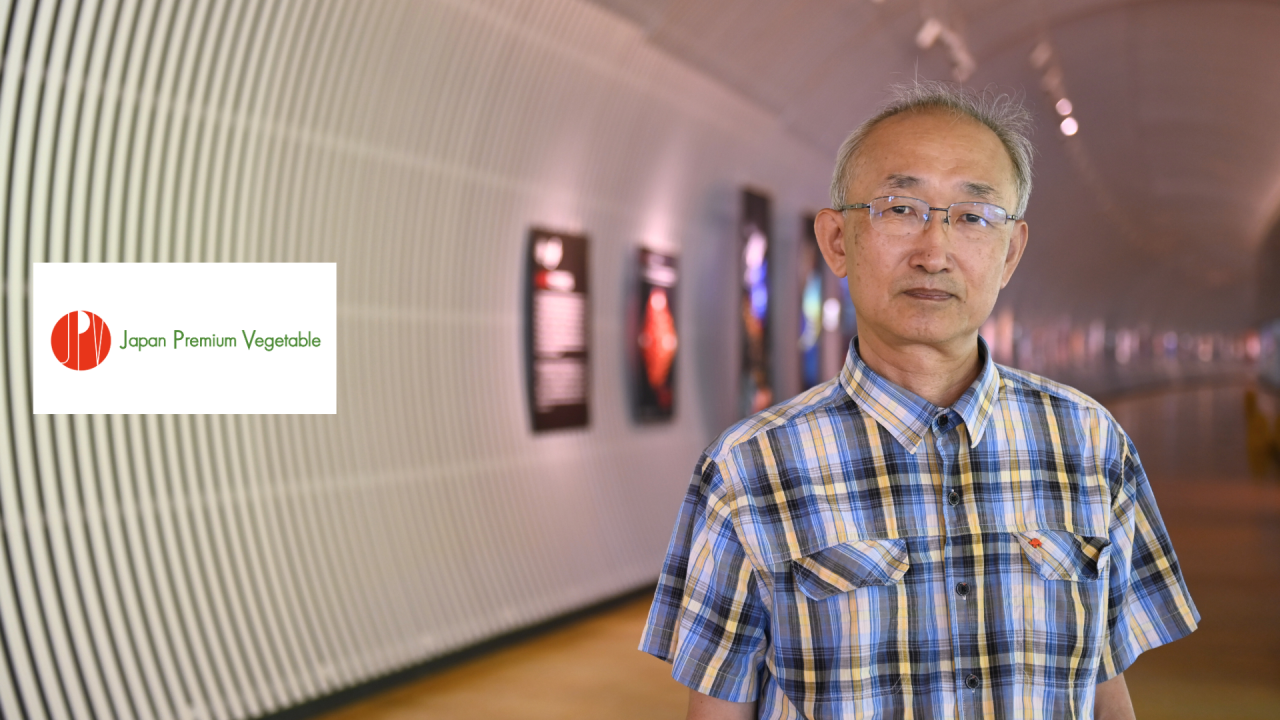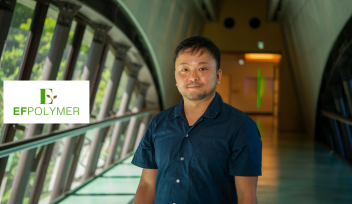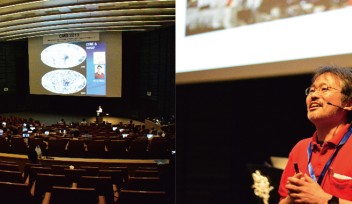Incubator Member Interview: Japan Premium Vegetable

Please tell us about your company’s business.
Japan Premium Vegetable offers a package that includes the design of greenhouses utilizing ICT technology to enable stable cultivation of strawberries and tomatoes in hot and humid regions, along with after-sales support primarily consisting of cultivation management and guidance services. We were established in 2022 by four members who participated in a Ministry of Agriculture, Forestry and Fisheries research project that began on Ishigaki Island in 2016, with the aim of commercializing the results.
We aim to spread technology that can stably produce vegetables even in harsh environments, and to deliver delicious Japanese vegetables in Southeast Asia, where import and export restrictions exist, and even in future Japan affected by global warming.
Currently, we are in the proof-of-concept experiment stage, but negotiations have begun in Indonesia. Next year, we hope to start selling tomato and strawberry cultivation systems in Okinawa's main island and Indonesia.
What were the reasons behind your choice to join the OIST Innovation Incubator as a tenant?
The introduction came from the Okinawa Development Finance Corporation, which provided us with financing when we established the company. We decided to join because we wanted to spread the technology developed in Okinawa from Okinawa, and we wanted to base ourselves in Okinawa due to its good access to Southeast Asia.
How are you currently using the OIST Innovation Incubator?
Of the four members, two reside in Okinawa. I mainly use the office, so I have contracted one desk in the office area and come to work four days a week. When other members visit, we sometimes use the meeting rooms. Since our current research base is in Indonesia, we are not using the lab. In the future, we hope to set up a research field near OIST and utilize various analytical equipment.
What benefits have you found in being part of the OIST Innovation Incubator?
Access to OIST's network is a significant benefit. The Bank of Okinawa regularly opens a consultation desk, so we could smoothly consult about financing, and they also introduced us to strawberry farmers in the prefecture. Opportunities for information exchange with local companies have increased after participating in events hosted by OIST.
We also interact with other resident companies. For example, Lequison introduced us to outsourcing personnel, and we purchased materials from EF Polymer for testing.
Which companies would you recommend to join the OIST Innovation Incubator?
It's particularly recommended for newly established startups as it helps reduce office costs. It's also an attractive environment for companies that want to utilize OIST's network or conduct joint projects with OIST laboratories. From our perspective, we would also welcome the entry of companies with agricultural solutions that could collaborate with us.
What do you expect from the OIST Innovation Incubator in the future?
We're interested in collaborating with OIST laboratories, so we'd be happy if the construction of a new incubator increases the flow of people and opportunities to interact with researchers. We also look forward to further expansion of OIST's network and increased availability of meeting rooms.
(Interview date: July 19, 2024)













